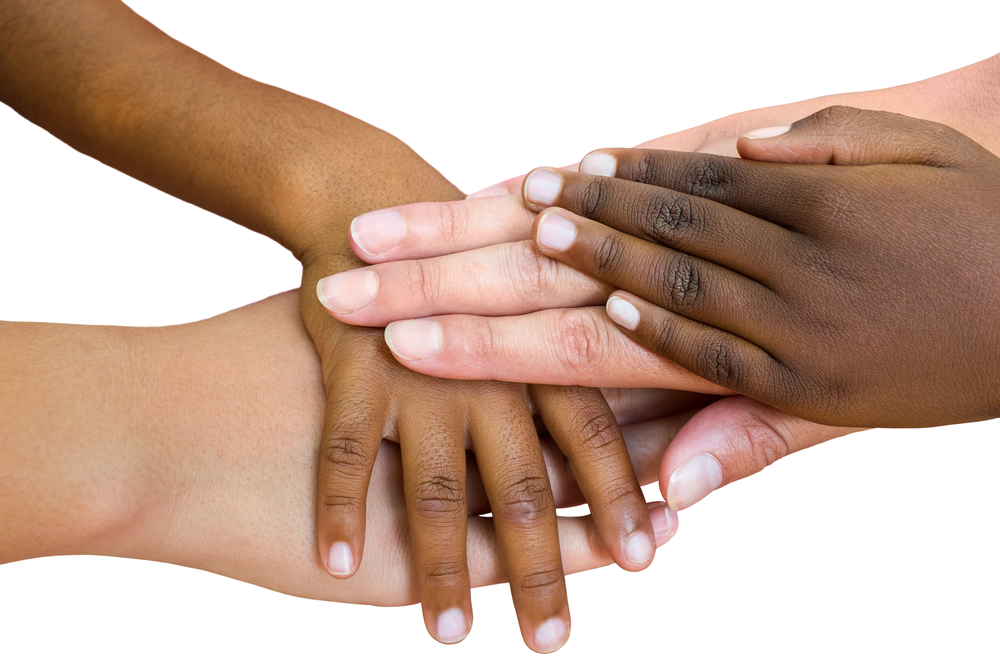Having a baby and becoming a parent is one of the most life changing events we can experience. It brings excitement and anticipation but it can also be stressful and demanding. Pregnancy and the early postnatal period involve complex changes emotionally as well as physically. It is important to acknowledge these changes and maternity staff are here to support you.
One in five women will experience a mental health problem during pregnancy or in the year after giving birth. This may be a new mental health problem or another episode of a mental health problem you’ve experienced before.
Midwives are interested in your emotional as well as physical health and, at the initial booking interview, will ask about any past or current mental health issues and how you are feeling now. At every appointment the midwife will ask about your emotional wellbeing and if required, signpost you to where you can get advice and extra help.
The Perinatal Positivity website has a helpful video which you can view below.
The Trust has a perinatal mental health midwife and nurse who supports maternity staff in caring for the mental health of women and their families. Ensuring that women with mental health needs are correctly identified and working with other services and professionals, receive the right care at the right time. An obstetrician with a specialist interest in perinatal mental health runs two clinics within the Trust. Women can also be referred to the Perinatal Mental Health Nurse/Midwife within these two clinics. We also have links with other specialist perinatal mental health services.
You can find out more about perinatal mental health by downloading our information leaflets on Emotional Well-being in Pregnancy. This includes referral details for Talking Therapies in Kent and Sussex who provide support for common mental health issues, such as anxiety and depression.
The Best Beginnings website provides a number of videos providing information and support on mental health issues during pregnancy and birth.
Additional leaflets can be found below. Whilst these booklets discuss emotional wellbeing during Covid-19, many of tips are relevant to becoming a parent and the changes it brings at any time
Being Pregnant… Preparing to give birth
Being with your baby becoming a Mum,
Medications in pregnancy
Many women take medication for mental health illnesses when pregnant or breastfeeding. In order to remain well it is important not to stop medication without discussing this with your GP/Psychiatrist. They are able to provide up to date information that you need to decide what is best for you and your baby.
If you are taking medication in pregnancy for a mental health condition and want some information about it, the B.U.M.P.S ( Best Use of Medications in Pregnancy) website provides accessible information for women and their families. This is provided by the U.K. Teratology Information Service funded by Public Health England.
Links and resources
Below is a range of contacts that offer support to families and new parents. It is okay to admit you’re not perfect and need help. Most people will be glad to hear your experience so they can either get the courage to open up or take comfort that they are not alone.
- Action Postpartum – Psychosis-app-network.org – Information and support for anyone who has experienced postpartum psychosis, including a peer support network and online forum.
- Anxiety UK – 0844 477 5774 anxietyuk.org.uk – Support and help for anyone with an anxiety disorder.
- The Association for PostNatal Illness – 020 7386 0868 – apni.org – Provides support to mothers with postnatal depression.
- Birth trauma Association – birthtraumassociation.org.uk – Support for women and their partners who have experienced traumatic childbirth.
- The Breastfeeding Network – 0300 100 0212 – breastfeedingnetwork.org.uk – Includes information on drugs and breastfeeding
- Family Action – family-action.org.uk – Services for families, including mental health support.
- Fatherhood Institute – fatherhoodinstitute.org – The UK’s fatherhood think-tank. Providing training information, policy updates and guides for supporting families and their families.
- Maternal OCD – maternalocd.org – Information and support for people experiencing perinatal OCD.
- MoodGYM – moodgym.anu.edu.au – Provides free computerised CBT.
- No Panic – 0844 967 4848 – nopanic.org.uk – Provides a helpline, step by step programmes and support for those with anxiety disorders
- PANDAS – pandasfoundation.org.uk – Information and support for anyone experiencing a mental health problem during or after pregnancy
- PND & ME – pndandme.co.uk – Online network connecting people with experience of perinatal mental health problems through Twitter.
- Tommy’s – tommy’s.org – Support and information on pregnancy including mental health problems
- Royal College of Psychiatrists – rcpsych.ac.uk – Provides information on a range of mental health conditions including before, during and after pregnancy.
- The Survivors Trust – Pregnancy, Birth and Parenthood after Childhood Sexual Abuse – This resource will help women who have experienced childhood sexual abuse (CSA) to prepare for pregnancy, birth and parenthood. The effects of CSA can last a long time and having a baby can be a particularly difficult and lonely time.
- Better Mental Health for New Dads Partners Non-Birthing Parents
- Wellbeing Skills for New Dads, Partners and Non-Birthing Parents

